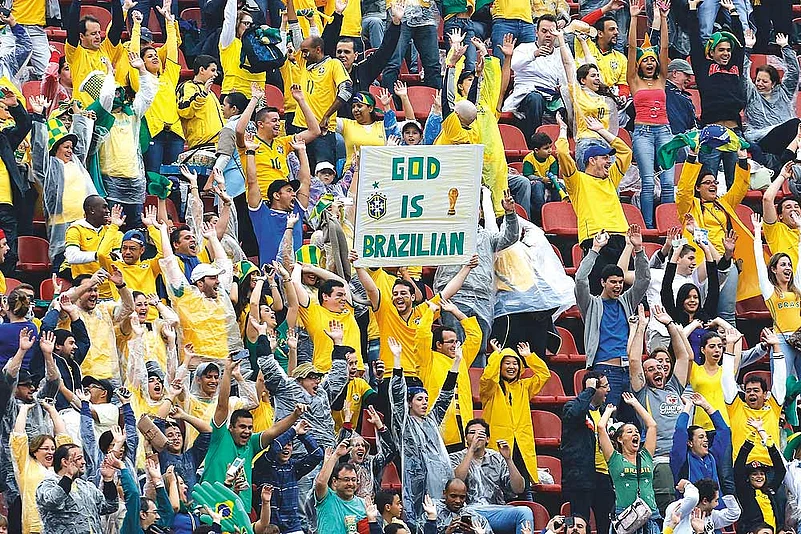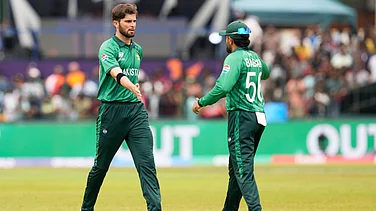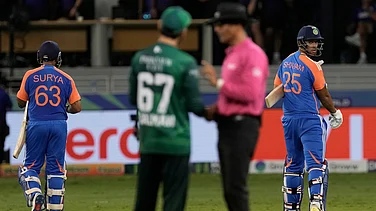The financial giant Goldman Sachs, specialising in investment banking and management, recently came up with a macroeconomic model-based analysis to offer predictions on the FIFA World Cup match results. This is a firm you’d expect to come up with predictions for stockmarket performances rather than ball games. Some estimates value sports betting worldwide at $700 billion to $1 trillion. While it’s hard to pinpoint Goldman Sachs’s motivation in coming up with such a model, the fact it has done so reinforces the idea of the narrowing gap between banking and gambling.
The number of agencies providing the odds for bookmaking is now higher than ever. Recent years have seen sports betting being progressively institutionalised: in fact there are gambling portals on the internet like BetFair and 888 Holdings, which are plcs listed on the stockmarkets. They’ve made neat profits; BetFair is valued at $1.5 billion and Bwin, another plc and a former sponsor of Real Madrid, at $1.4 billion. This has helped the growth of a sub-market of ‘bet-brokers’, which has in fact ended up turning a great number of bankers into bookmakers. Samvo, a company founded by an investment banker a decade ago, comes up with the odds for a game and, for a fee, places bets for wealthy clients willing to stake five-digit amounts. The sports betting sector is quite clearly benefiting from FIFA World Cup tournaments, which induce a massive inflow of capital before and during the event. Chris Eaton, a former head of security for FIFA, said that a World Cup match can sometimes draw over $1 billion in bets. In the UK, research has suggested that the number of people at the bookies is likely to double during the course of a World Cup.
Information from agencies that make predictions gives gamblers the information they can use to make smarter bets. This is especially useful in illegal betting markets, which are not known to provide the most legit odds. In countries like India, where gambling is illegal, informal betting markets are the norm. Sports betting in India accounts for more than 10 per cent of the world’s illegal betting market. At an estimated yearly value of $60 billion, India is the world vice-champion in illegal sports betting, with China being the leader.
Cricket, in India, is religion, and football will never replace it. That’s where most of the money is staked, though football is the second most followed sport. Since the betting network is secretive, it’s difficult to estimate how much will be at stake on World Cup matches. But, Indians are a betting lot and the bookies will be rubbing their palms with glee. All the way from complex bookmaking networks to informal betting between friends, the arrival of this major sports event will certainly catch the attention of Indian gamblers.
Francis Maindl is a French-Canadian journalist who specialises in economics and politics


























